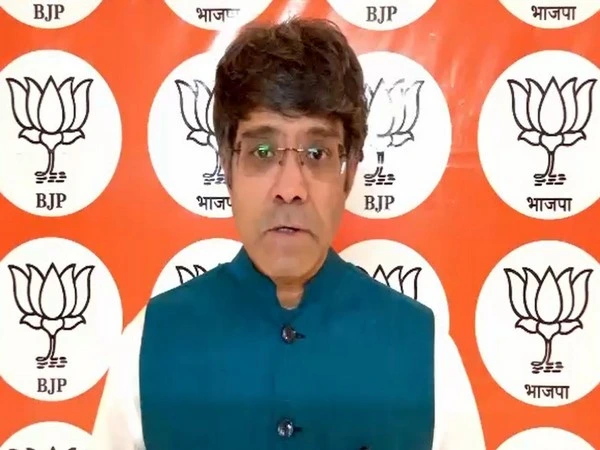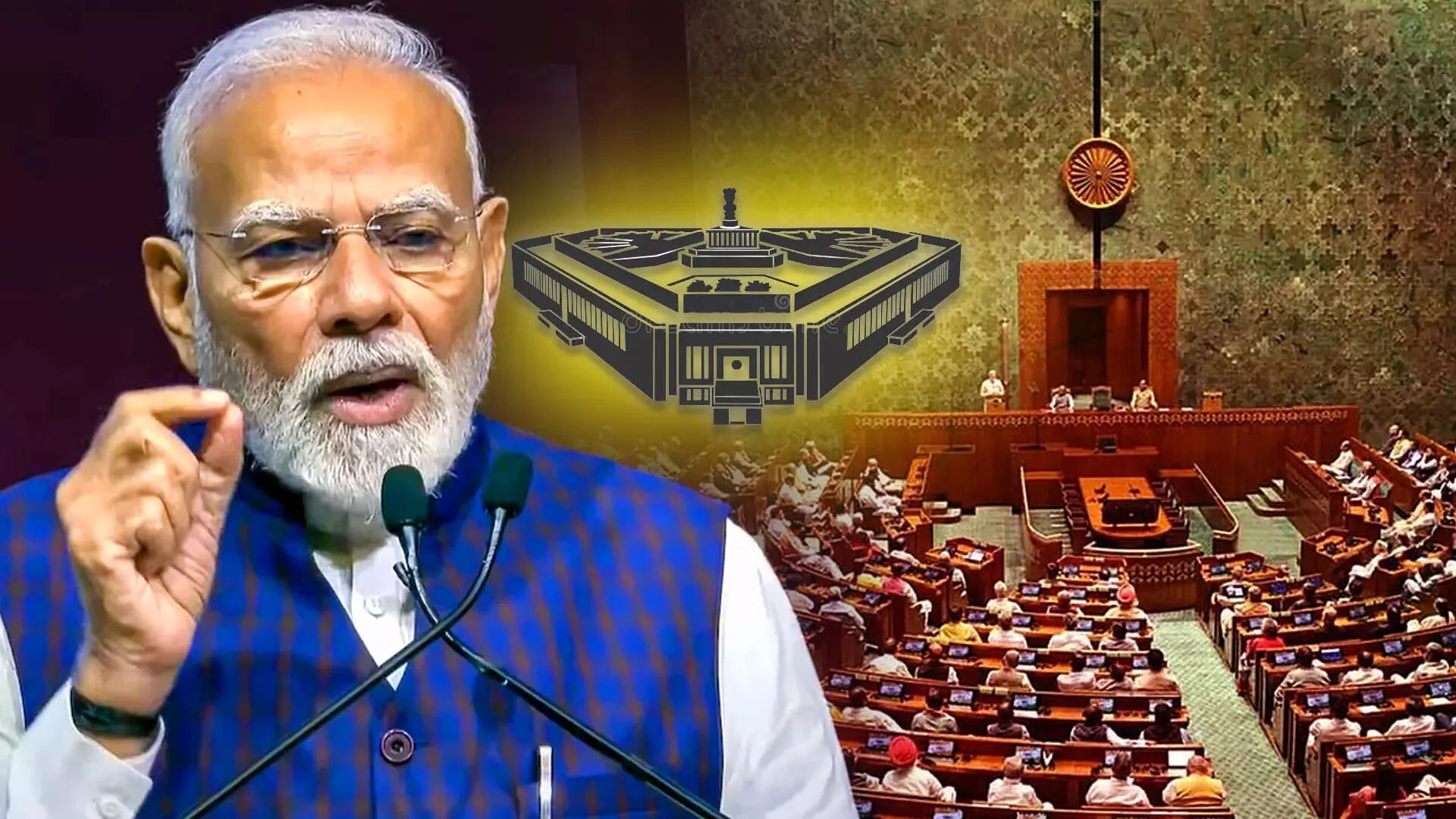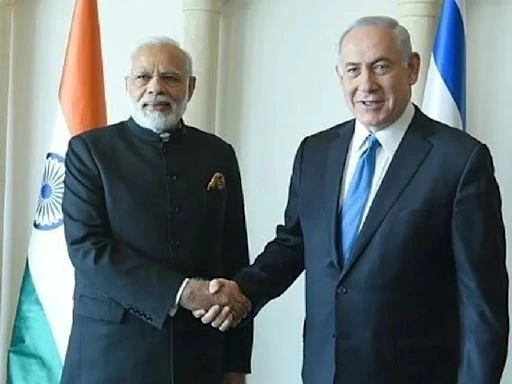08-SEP-2025, 01:00PM BJP leader CR Kesavan has strongly criticized Trinamool Congress (TMC) functionary Abdur Rahim Bakshi over his sensational remarks involving the word “acid,” calling them not only “irresponsible” but also reflective of the aggressive political culture that TMC has allegedly fostered in West Bengal. The remarks have drawn widespread condemnation, and Kesavan’s strong response highlights how such provocative statements are shaping the larger political discourse in the state and across the nation.
CR Kesavan Condemns the Controversial Remarks
CR Kesavan : A Sharp Rebuke from BJP
In his statement, CR Kesavan made it clear that such inflammatory rhetoric has no place in a democratic setup. He argued that Abdur Rahim Bakshi’s comments are not isolated but indicative of a political ecosystem in which aggressive and violent language is normalized. Kesavan urged citizens to take note of the “dangerous culture” that has been promoted under TMC’s governance in West Bengal.
CR Kesavan : Demand for Accountability
Kesavan demanded that senior TMC leaders, including Chief Minister Mamata Banerjee, distance themselves from Bakshi’s remarks and take strict disciplinary action. According to him, silence from the leadership would amount to tacit approval of such language, which could endanger public peace and political harmony.
CR Kesavan : on the Political Culture in West Bengal
CR Kesavan : Linking Remarks to Larger Trends
CR Kesavan argued that Bakshi’s comments are not an isolated incident but part of a broader pattern where provocative statements and threats are used to intimidate political opponents. He alleged that this reflects a culture of aggression that TMC leaders have embedded into state politics.
CR Kesavan : Echoes of Aggressive Politics
Kesavan described Bakshi’s remarks as an “echo of the TMC’s aggressive culture,” pointing out that political discourse in West Bengal has frequently been marred by violence, intimidation, and inflammatory rhetoric. According to him, this not only harms democratic debate but also normalizes hostility in public life.
CR Kesavan Highlights the Risks of Such Statements
Impact on Public Safety
In his statement, CR Kesavan warned that public figures using words like “acid” in political remarks could inspire violent tendencies among impressionable minds. He stressed that political leaders carry a responsibility to maintain dignity in speech, as their words often influence large sections of society.
A Threat to Democracy
Kesavan also highlighted the danger such remarks pose to democracy. According to him, when threats or violent language replace constructive debate, democracy begins to weaken. He urged all parties to ensure that political competition remains rooted in ideas and policies, not intimidation or aggression.
Reactions from Across the Political Spectrum
Support for CR Kesavan’s Stand
Several BJP leaders supported CR Kesavan, echoing his demand for TMC leadership to take responsibility. They argued that Kesavan’s criticism highlighted the need for a shift in political culture, especially in West Bengal, which has often been in the headlines for electoral violence and clashes.
TMC’s Defense
On the other hand, some TMC leaders defended Bakshi, claiming his comments were misinterpreted or taken out of context. However, they faced intense pressure from opposition leaders and civil society groups who argued that such words cannot be justified under any circumstances.
CR Kesavan’s Political Messaging
Positioning Himself as a Responsible Voice
By taking a strong stand against Bakshi’s remarks, CR Kesavan positioned himself as a responsible leader who values the sanctity of democratic discourse. His criticism reinforces the BJP’s narrative that the TMC is encouraging a culture of intimidation rather than constructive politics.
Appeal to Voters Beyond Bengal
Although the controversy began in West Bengal, Kesavan’s comments are part of a broader political strategy. By framing the issue as one of democratic values versus aggressive politics, Kesavan appealed to voters across India who are concerned about the rising levels of hostility in political exchanges.
Historical Context of Political Rhetoric in Bengal
A Legacy of Aggression
West Bengal has a long history of politically charged rhetoric and violence. From the Left era to TMC’s rise, the state has often witnessed political rivalries spilling into the streets. CR Kesavan’s criticism fits into this historical narrative, drawing attention to the continuity of aggressive politics in Bengal.
BJP’s Counter-Strategy
By highlighting such incidents, BJP leaders like Kesavan are seeking to portray themselves as defenders of peace, order, and constitutional values. This strategy aims to consolidate support among voters who are frustrated by the cycle of violence and inflammatory speech in state politics.
CR Kesavan on the Responsibility of Leaders
Words Matter in Politics
CR Kesavan emphasized that politicians must be extremely cautious with their language. In a country as diverse and sensitive as India, irresponsible remarks can have ripple effects, sparking unrest or encouraging hostility.
A Call for Ethical Politics
Kesavan urged all political parties, including his own, to prioritize ethical conduct and language in political campaigns. He argued that democracy thrives when leaders debate ideas, policies, and development plans rather than resorting to threats or provocative words.
The Way Forward: Kesavan’s Recommendations
Need for Accountability Mechanisms
CR Kesavan suggested that parties must develop internal accountability mechanisms to check leaders who use aggressive or violent rhetoric. He noted that simply dismissing controversial remarks as “personal opinions” is not enough; political organizations must take visible action.
Restoring Dignity in Public Discourse
Kesavan concluded by stating that if Indian politics is to inspire the next generation, it must restore dignity and respect in public discourse. He called on leaders across the spectrum to set an example that reflects the values of democracy and inclusivity.
Conclusion
The controversy over Abdur Rahim Bakshi’s sensational “acid” remarks has once again highlighted the toxic political climate in West Bengal. BJP leader CR Kesavan has emerged as one of the strongest voices condemning the remarks, framing them as symptomatic of the aggressive political culture allegedly nurtured by TMC. By stressing the dangers of violent rhetoric and urging accountability, Kesavan has drawn attention to the urgent need for restoring dignity and responsibility in Indian politics.
As debates continue, the words of CR Kesavan resonate not only in Bengal but across India, reminding political leaders and citizens alike that democracy can only thrive when ideas, respect, and constructive dialogue form the backbone of political competition.
Source : ANI





